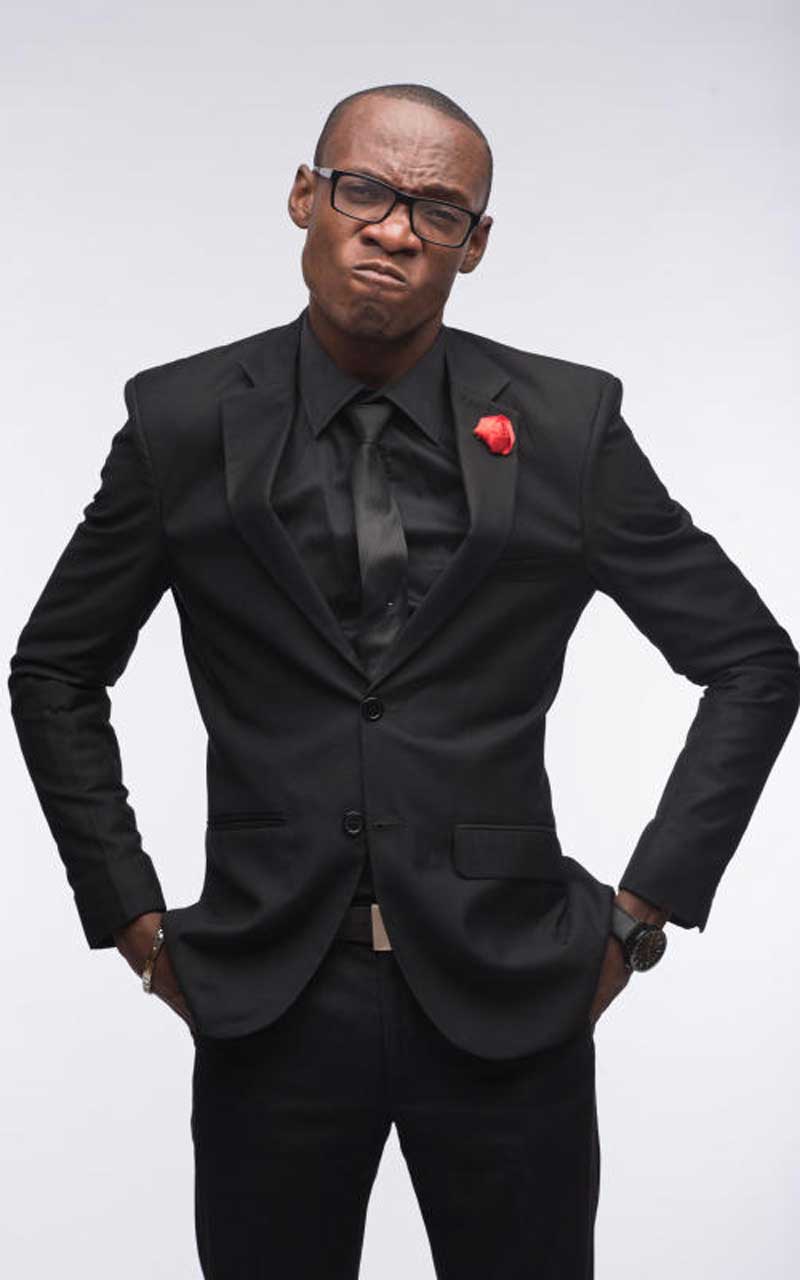×
The Standard e-Paper
Join Thousands Daily

Sande Bush, also known as Dr Ofweneke, is a busy man. He arrives huffing and puffing, having bounded up the stairs to his office. He may be out of breath, but he is all smiles as he walks into the sparsely furnished room.